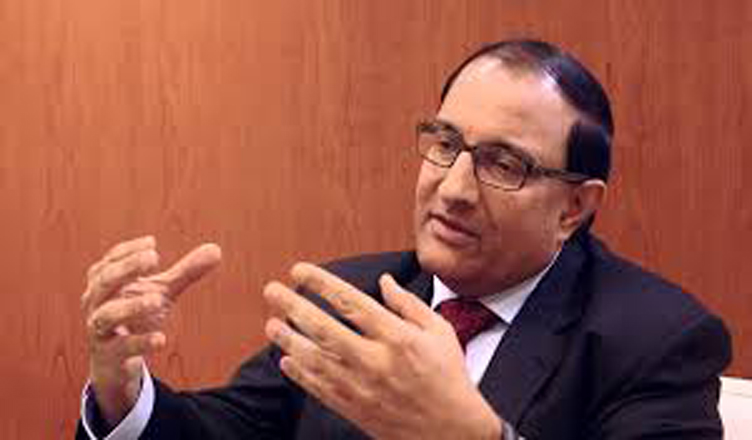(COLOMBO, LANKAPUVATH) –Singapore’s new free trade agreement (FTA) with Sri Lanka is a significant one that marks a new milestone in relations between the two countries, Minister of Trade and Industry (Industry) S Iswaran said on Wednesday (24), the Straits Times reported.
The deal also helps both countries access regional markets, he noted.
“For Sri Lanka the opportunity to access the Asean market is important. Their businesses are keen on that, working with Singapore partners. And likewise for our companies, accessing Sri Lanka – but through Sri Lanka, accessing the South Asia market,” he said.
Mr Iswaran was speaking to the Singapore media in Colombo a day after the signing of the trade pact.
The FTA guarantees zero tariffs for 80 per cent of product categories for Singapore exports to Sri Lanka. Tariff savings are estimated at S$10 million yearly.
The deal also ensures greater access to Sri Lanka’s services market and government procurement projects, as well as better protection for Singapore investments.
Prime Minister Lee Hsien Loong, who witnessed the FTA signing with President Maithripala Sirisena, concludes his three-day visit to Sri Lanka on Wednesday and will fly to Delhi to begin a visit to India, where he will attend the Asean-India Commemorative Summit.
The FTA has raised some concern among Sri Lankan businesses, who felt the trade-offs made by their government in opening up markets were considerable.
Asked what trade-offs Singapore had to make to reach the deal, Mr Iswaran said: “I can’t really go into specifics, because there’s no direct one-for-one tradeoff. You have to look at the trade agreement as a package.”
He added: “On the whole, I think trade-offs – yes – but I think in terms of our commitment, they have not exceeded what we have, in general, committed to in other agreements.”
Turning to the regional trade deal reached by the 11 remaining countries of the Trans-Pacific Partnership (TPP) on Tuesday, Mr Iswaran called it a welcome development.
The TPP-11 deal was reached a year after the United States decided to pull out, amid a protectionist tide that has hit the US and other countries.
Mr Iswaran said the deal shows that, despite the growing anti-trade rhetoric around the world, there are still countries that wish to advance economic integration as they see the benefits.
He said the deal is still some way from conclusion as it has to be ratified by each of the 11 countries, but there is reason for optimism.




